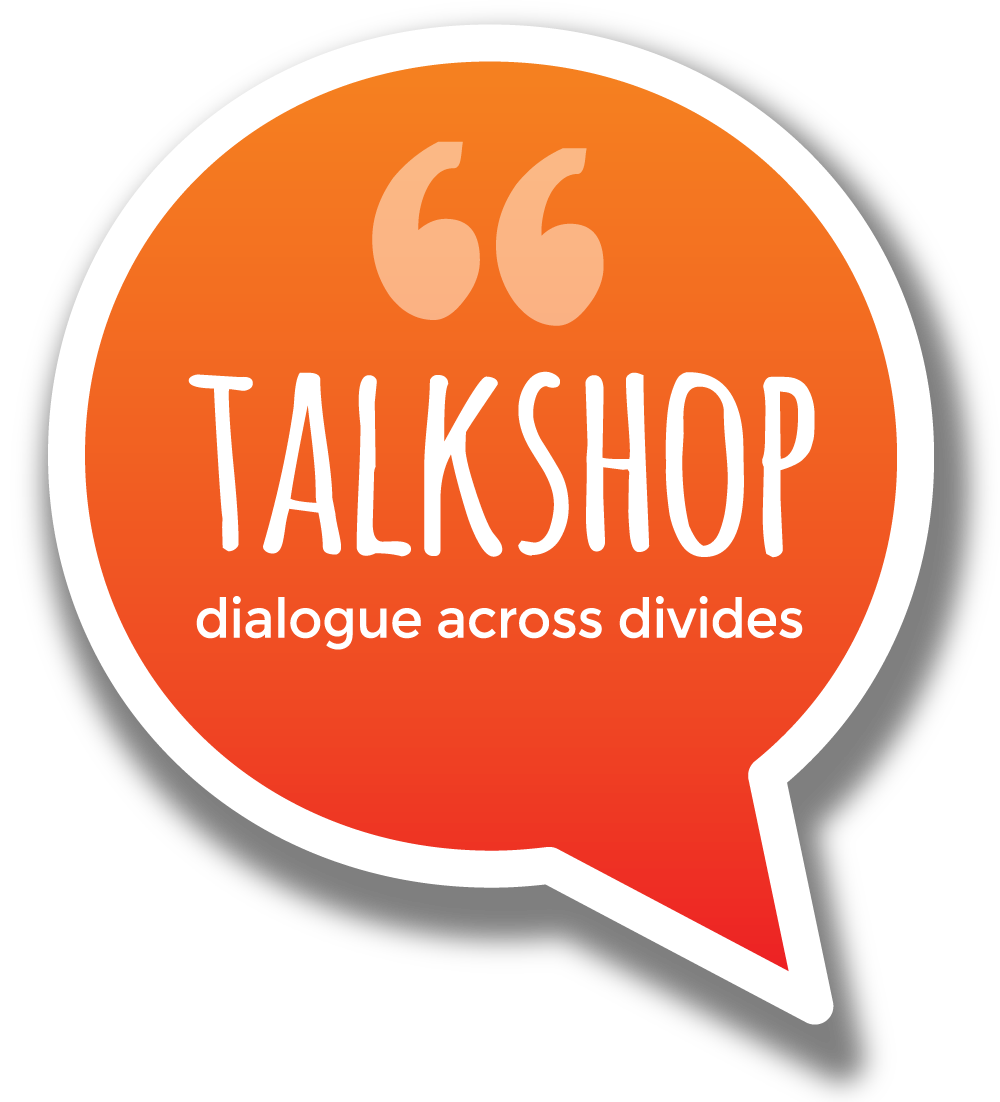This blog describes how a participatory process called Appreciative Inquiry (AI) can be used to develop neighbourhood and community plans.
AI uses questions – the Inquiry – to identify the best of what is happening now – the Appreciation – as the basis for dreaming what the future might be. Some advantages of this approach are:
- It’s much more energising than asking people what the problems are
- It gives the vision solid foundations and makes it much more plausible
- It uses storytelling, which people enjoy, and which makes it easy to reach quite a few people without too much effort
Many years ago, in 2002, the New Economics Foundation, my then employer, introduced Ai to Ryedale, a mainly rural district in North Yorkshire. We worked with a core group of a dozen local activists and council officers to develop a set of questions. I’ll explain in more detail how to do this in my next blog, but here are some of the questions:
- What do you enjoy most about Ryedale?
- Why do you feel that way?
- If you had a magic wand, what 3 things would you change in the area?
- Is there a piece of music or image that sums up Ryedale for you?
The core group got the questions used in conversations, meetings, classrooms and even on a specially set-up phone-in line. One participant said, “When we get together we normally don’t talk like this – it was very refreshing.”
The next stage involved sorting through the vast amount of material that the conversations generated. Each conversation (whether it took place in an AGM or around somebody’s kitchen table) was noted on an interview script. It took two one-day workshops with the core group to read four hundred and thirty scripts, then sort through and draw out the recurring themes and issues. This culminated in the drafting of vision statements, describing the desired future in the present tense, as if it were already happening. Here’s one:
Ryedale has vibrant communities where everyone is respected; where all generations have opportunities to express themselves; where diversity is welcomed and encouraged.
Before the vision statements were formally incorporated into the community plan, they were checked in a number of small workshops and meetings with different stakeholder groups. The checking was against three criteria: “Desirability” (ideally high); “Feasibility” (ideally high to medium); and whether they were “Happening Already” (ideally not).
In the words of Clare Slater from Ryedale District Council, the vision was ”a contract drawn up between the council and the community“, against which the decisions about health, transport, education and housing could be checked.
I visited Ryedale in 2008 to find out whether Imagine Ryedale had had lasting effects on ways of working.
The base for community engagement before Imagine Ryedale was very low. People expected consultation that asked, “This is what we plan to do, what do you think about it?” So Imagine Ryedale was a refreshing change. Paul Hayward of Ryedale Voluntary Action (RVA) said it was, “Very open and inclusive. It actually did involve people. They felt engaged, and not just consulted. People actually enjoyed it. And for him personally, “It opened my eyes, it was liberating”. Ana Richards, from the Council, said that, “People still mention Imagine Ryedale because it was different. People really got into it.” A range of organisations (for example, Ryedale Voluntary Action, the County Council and the Primary Care Trust) described Imagine Ryedale as good practice for developing community strategies.
The organisations involved seemed to have become more collaborative. Paul Hayward said that, “it helped make people realise that they had to talk together.” Marie-Ann Jackson from the council went further and said that it was “used to create a culture of shared ownership”.
The method and the approach continued to be used. A Priority Setting day in 2007 used the Imagine Ryedale process – the story-telling and the dreaming – to establish four priorities. The Chief Executive at the District Council had an appreciative approach in talking to staff and to councillors: “What do we do well and how can we learn from that to do better?”
Antoine de Saint-Exupery, who wrote The Little Prince, once said, “If you want to build a ship, don’t call together some men just to gather wood, prepare tools and distribute tasks. Instead, teach them the longing for the endless sea.” If that speaks to you, try Appreciative Inquiry.
Perry Walker, September 2020
Further reading: https://www.involve.org.uk/resources/methods/appreciative-inquiry
